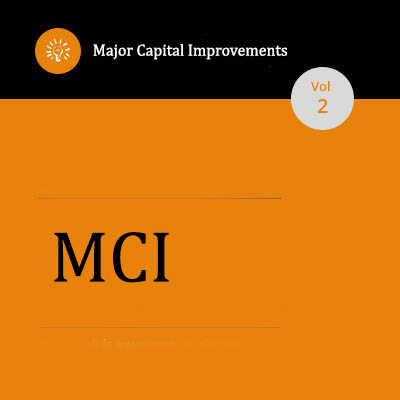There are 3 types of Major Capital Improvements (MCI) which allow Landlords to increase rents. They are:
- The renovation of an apartment while it is vacant. The increase amount is 1/40th of the MCI work done in the apartment and does not require DHCR or tenant approval.
- Improvements in an apartment that is occupied, such as a new appliance. The MCI work must be requested by the tenant and the tenant must sign a document agreeing to pay the additional rent. The increase amount is also 1/40th the cost of the improvement.
- A Building Wide MCI. This increase is for MCI work, such as one or more of the items listed above, that is Building Wide, which means that all like items throughout the building must be replaced. To be eligible for an MCI increase theOwner must file an application with the DHCR.
The application process follows specific guidelines.
- Contractor Certifications and documentation that the work was done and paid for are included.
- Tenants are notified by the DHCR of the Landlord’s application and they are allowed to respond.
- If a tenant (or tenants) complain that the work was not done or not properly done, the DHCR gives the Owner an opportunity to reply.
- The DHCR then determines the allowable costs based on the documentation in the application and their own schedule of costs and determines the total amount of work which is eligible for an increase.
- The monthly per room increase amount is 1/96 for buildings with less than 36 apartments and 1/108 for buildings with 36 or more apartments, of the approved costs divided by the total number of rooms.
- The total processing time for these applications is from 3 months to up to 2 years, depending on the complexity and accuracy of the application.
- In certain cases, the DHCR awards a retroactive increase which can be collected on top of the permanent increase.
- There are maximums on the percentage of the increase, depending on each tenant’s rent
- There are limitations on increases in cases where Landlord’s also apply for J-51 Tax Abatements.

